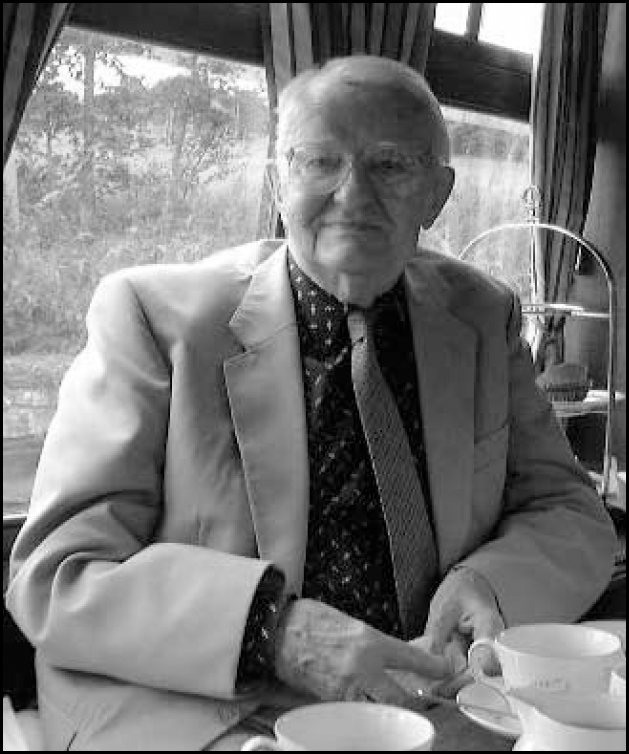Jeremy Lister was born in 1919 in Poznan, western Poland, where his father was a wine importer. The ninth of ten children, he had decided on a medical career early in life. His undergraduate medical studies at Warsaw University were interrupted by the Second World War, when he was interned by the Russian authorities. During his detention in the Ukraine and Siberia, he underwent the most arduous experiences. On being finally released, he had lost half his body weight, but had already decided to join the Polish Army. In his fascinating book, Poles Apart, published in 1997, he described the long and perilous journey that brought him to Britain. This involved travelling incessantly over vast distances under the most appalling and gruesome conditions.
After joining up with the Polish forces, he was parachuted into Greece, where he was to liaise with the partisans. He was later awarded the King’s Medal for Courage in the Cause of Freedom.
Having got to Italy, he was able to re-start his medical studies at Bologna University. He was demobilised in Britain, only to learn that the Polish School of Medicine at Edinburgh had been closed. Seemingly undaunted, for a period, he was able to attend the Paderewski Hospital, which was considered to be a medical school. He was eventually accepted as a student at the Welsh National School of Medicine, Cardiff and qualified, MRCS, LRCP in 1951. From having lived in several different countries, he had become a gifted linguist. On one occasion, on a professorial ward round, to the despair of the medical staff, four patients who each were only able to speak their native language, namely Greek, Italian, Polish and Russian, had been admitted. To the great surprise and relief of his seniors, he was able to serve as a translator in the case of all four.
Before specialising in psychological medicine, he held various posts at the Swansea General Hospital, Morriston Hospital and Neath General Hospital, where he met his wife Barbara, who worked there as a radiographer. In 1955, he took up psychiatry, became a consultant at Cfn Coed Hospital, Swansea in 1963, and was made a Fellow of the Royal College of Psychiatrists in 1983. As a past-chairman of the West Glamorgan Division of Psychiatry, the Welsh Psychiatric Society and of the West Glamorgan Division of the BMA, Dr Lister’s contribution to the work of the National Health Service locally was considerable.

He retired from his NHS post in 1984, but continued with his clinical work for many years afterwards. He will be sadly missed by a wide circle of friends. A devoted family man, who was renowned for his kindness to others, he is survived by his widow, Barbara, and their three children.



eLetters
No eLetters have been published for this article.